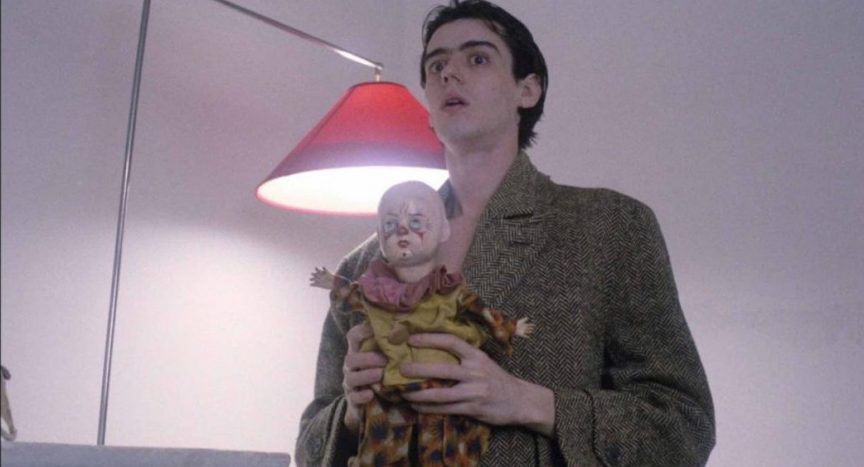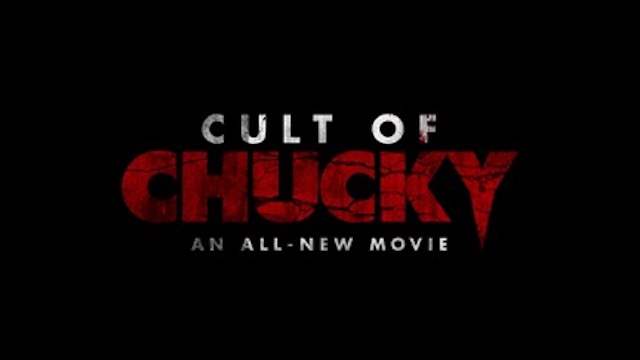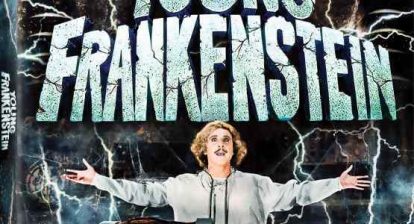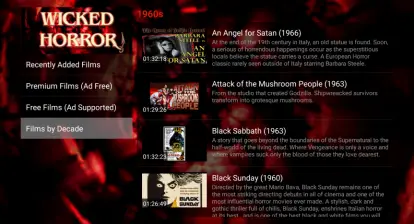The unavailability of Iván Zulueta’s Arrebato has wrapped the film in a shroud. It still demands a viewer’s pact with puzzlement as something of an admission fee. I’ve known about the film for ages, but only this recent (and long-awaited) restoration has allowed me to actually see it. Exposure to Arrebato has, deliciously, not eroded any of its abstruse allure.
Zulueta’s film aggressively simmers and stews even when it is adamantly lethargic. It is so unnerving of an experience, precisely thanks to how very little it allows itself to move, how very little it capitulates to our natural desire for mysteries to be unspooled and brought to light, and how very little effort it makes to see its secrets unveiled. Boiling in a damp sick of addiction and malaise, Arrebato imbues its images with a sticky, unsettling inevitability of emotional atrophy. The whole experience drips with the rot of ticking mortality. The film turns itself into a testament to its own death, and in turn its own irrelevance. Now Arrebato is a film you can finally watch, triumphantly at last, as it sits stagnant and wastes away before your unbelieving eyes.
Many have compared the film to Cronenberg’s Videodrome. One image of a woman applying vibrant red lipstick before a backdrop of television snow begs the comparison. However, unlike that film, Zulueta’s never peels back the curtain. It never branches into social conspiracy or examination. In fact, it so rarely leaves the distorted headspaces of its two central figures – with its cassette recording framing device feeling like a particularly novel-esque construction – to the point where it feels wholly like the hallucinated tall tale of an unreliable narrator. These characters are warped by a self-isolating manifestation of a cinema as toxic and intoxicating as heroin. That the film shuts itself off to external penetration, that it kills itself for catharsis, that it wallows so as to transcend, is entirely its raison d’etre.
Did You Know! Wicked Horror TV Has Indie and Classic Horror Films Available for Free!
What the film does share with Videodrome is a point-of-no-return linked to the absorption of filmic materials. Like a drug, or a virus, the moving images infect the host – warping, sickening and changing them from within. Where Videodrome is so concerned with the broadcasting of its illicit materials – the revelation, the unveiling (as the bodies of Cronenberg’s film are turned inside out like blooming petals of meat) – Zulueta instead dwells in the realm of the vanishing. In Arrebato the ‘high’ created emotionally liquifies the subject, before they become like vapor – sucked into and consumed by the images. Much like this long-elusive cult film, they may be whispered and known of, but perhaps enver found.
Also See: Four Unforgettable Kills from Christmas Horror
While rather brilliantly scored by a synthesizer that channels the unease of an upset stomach, and edited with a deliberately arhythmic menace of hypnotic idiosyncrasy, Arrebato still manages to tell a relatively straight-forward story: that of a downbeat b-movie director who is gradually entranced and overtaken by the outsider film art of his girlfriend’s developmentally arrested brother. But what Arrebato crucially and deliberately lacks are the sinews that usually justify the musculature of a film’s storytelling. The agency of the protagonist is forever cloudy, the workings and rules of the threats remaining entirely inscrutable throughout, and the film focuses with fetishistic detail on symbols and motifs (e.g. Pedro’s silly putty-esque goop) that are sometimes texturally and gutturally direct, but rarely, if ever, clues for deciphering how Zulueta wants us to engage with the film’s themes of decay, identity, addiction, and the moving image. Arrebato is available on VOD now, followed by a DVD and Blu-ray release on January 25.
WICKED RATING: 8/10
Follow us on social media: Twitter, Facebook, and Instagram.





